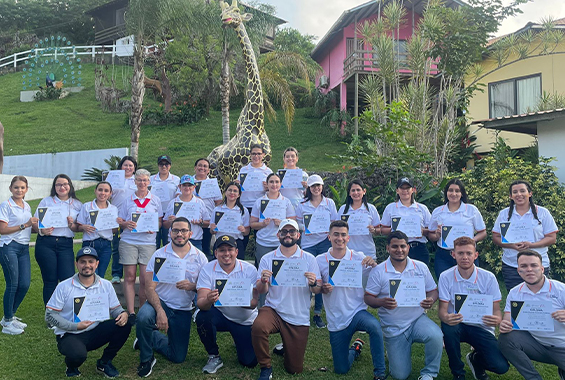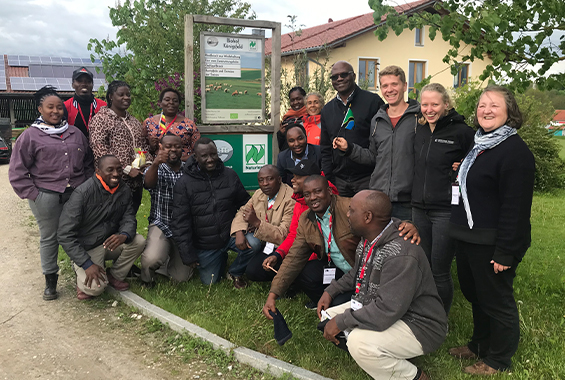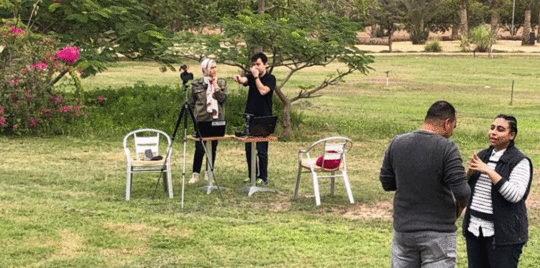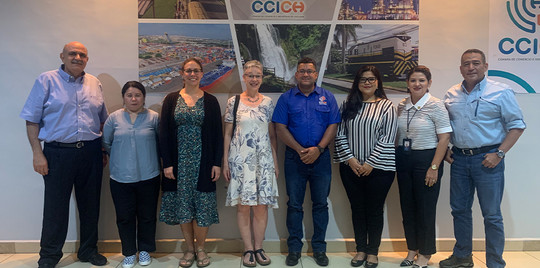Published
Evaluation mission: VET Partnership Tunisia
Evaluation mission: VET Partnership Tunisia
As part of the ongoing vocational education and training partnership with Tunisia, the Federal Ministry for Economic Cooperation and Development (BMZ) conducted an evaluation mission of the first project phase from 15 to 21 April. The aim was to find out what results have been achieved since January 2016 and how the cooperation could be extended for another three years. The main purpose of such an extension is to implement sustainable implementation structures at the Tunisian partners. The decision to extend the project will be made by the BMZ according to the corresponding report.
In addition to the bbw project management - consisting of German coordination and local experts in Tunisia - a project manager from sequa and an external auditor took part in the evaluation mission. sequa gGmbh supports the bbw gGmbH as a partner of the German development cooperation in the implementation of the project.
In addition to the three partner vocational schools of the project, the responsible state authorities and private companies were also visited during the evaluation mission. The main focus was on the question of how the partners could independently realize the demand-oriented implementation of vocational training on site even after the end of the project.
It quickly became clear from the discussions that all parties involved were very interested in further cooperation with bbw. The project has already made a significant impact. This includes, for example, the strong involvement of companies in the selection process of trainees. In contrast to the German training model, in-company vocational training generally only takes the form of internships in which the young people themselves are encouraged to find new companies. The joint selection procedure implemented by the bbw at the beginning of the training has now been incorporated into the current reform process at state level and is to be transferred to other vocational schools in the future. In addition, cooperation has also helped to reduce prejudices between the various actors in vocational education and to create a joint dialogue.
However, the active involvement of all partners remains a challenge of current cooperation. For a further project extension it was therefore proposed that bbw supports more strongly the establishment of standardized training processes at all levels of the partners.





